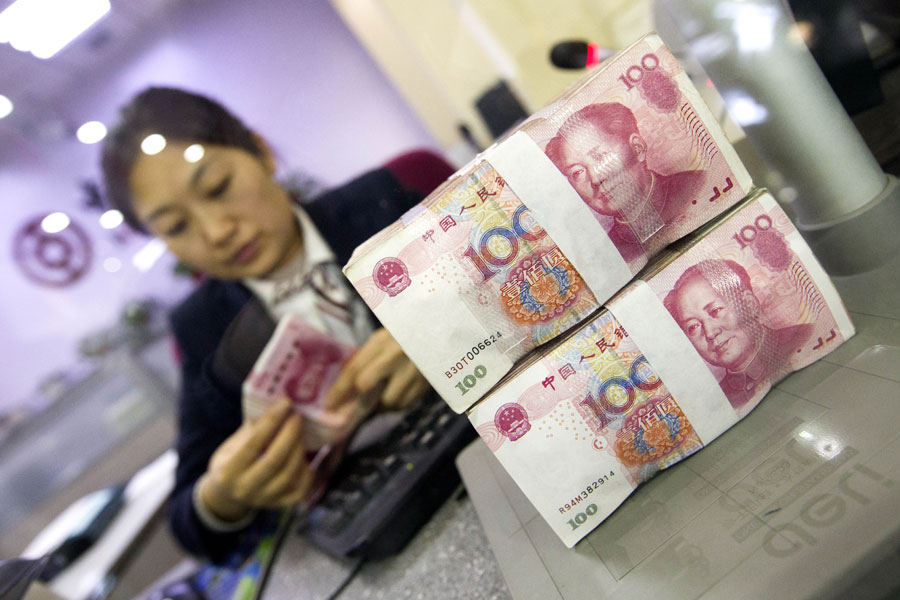Financial sector urged to shun potential risks


Vice-premier calls on system to better serve real economy, support small firms
China's financial sector should further strive to cement economic growth and fend off potential risks while seeking high-level opening-up and creating a level playing field for global investors, officials and analysts said on Wednesday.
In a written speech distributed on Wednesday at the opening ceremony of the 2021 Annual Conference of Financial Street Forum, which runs through Friday in Beijing, Vice-Premier Liu He stressed that the country's financial system should be more proactive in serving the real economy and effectively adjust monetary policy, especially to support the financing of the private economy and small and micro enterprises.
Liu, who is also a member of the Political Bureau of the Communist Party of China Central Committee, highlighted the financial system's role in continuously supporting high-level opening-up and creating a fair market environment. The legitimate rights and interests of foreign-funded institutions in China should be protected, he said.
Liu also said that the financial sector should support green and low-carbon development, strengthen regulation of financial technology and prevent risks.
Although there are some problems in the real estate market, these risks are generally under control. The overall trend of the healthy development of the real estate market will not change, he said.
Earlier this month, Yi Gang, governor of the People's Bank of China, the nation's central bank, answered questions at the 2021 G30 International Banking Seminar about whether the default risk of China's largest private real estate developer Evergrande could result in systemic risk. Yi said the spillover of Evergrande's risks to the financial sector was under control.
"We are confident that we can prevent the risk from spreading and avoid systemic risk," Yi said at that meeting, after saying that Evergrande's liabilities totaled about $300 billion and only one third of them are to the financial sector.
Yi also pledged to solve this "isolated" case in accordance with laws, give higher priority to homebuyers' rights and treat all creditors and related parties equally under the law.
Pan Gongsheng, vice-governor of the central bank and head of the State Administration of Foreign Exchange, said at Wednesday's forum that China's real estate market and related financial markets showed some fluctuations, which is the response of market entities after individual enterprises' default cases.
Due to the financial regulators' guidance of the expectation, the excessive rising of the risk appetite of financial institutions and the market has gradually been reversed, while financing behavior and prices in financial markets are gradually returning to normal, Pan said.
"China's real estate sector is also faring better than expected," said David Chao, global market strategist for Asia Pacific at Invesco. "It is likely that the government will orchestrate a managed slowdown for the sector and that the contagion risks may be kept at bay."
The authorities are likely to outline additional monetary and fiscal supportive measures next month to counter weak demand and prevent property sector risks. There could be a cut to the reserve requirement ratio and a ramping up of local government infrastructure spending over the next quarter, Chao said.
"It is possible we will see a small policy shift over the next month as policymakers clear more fiscal space for a rebound in infrastructure spending."
According to Yi Huiman, chairman of the China Securities Regulatory Commission, market-oriented methods will be adopted to mitigate bond default risks, such as asset sales, debt restructuring and the introduction of strategic investment by bond issuers and relevant parties.
"The exchange bond market is generally stable nowadays, and the number of default cases remains at a low level accounting for about only 1 percent. But we still face many risks and challenges," Yi said.




































